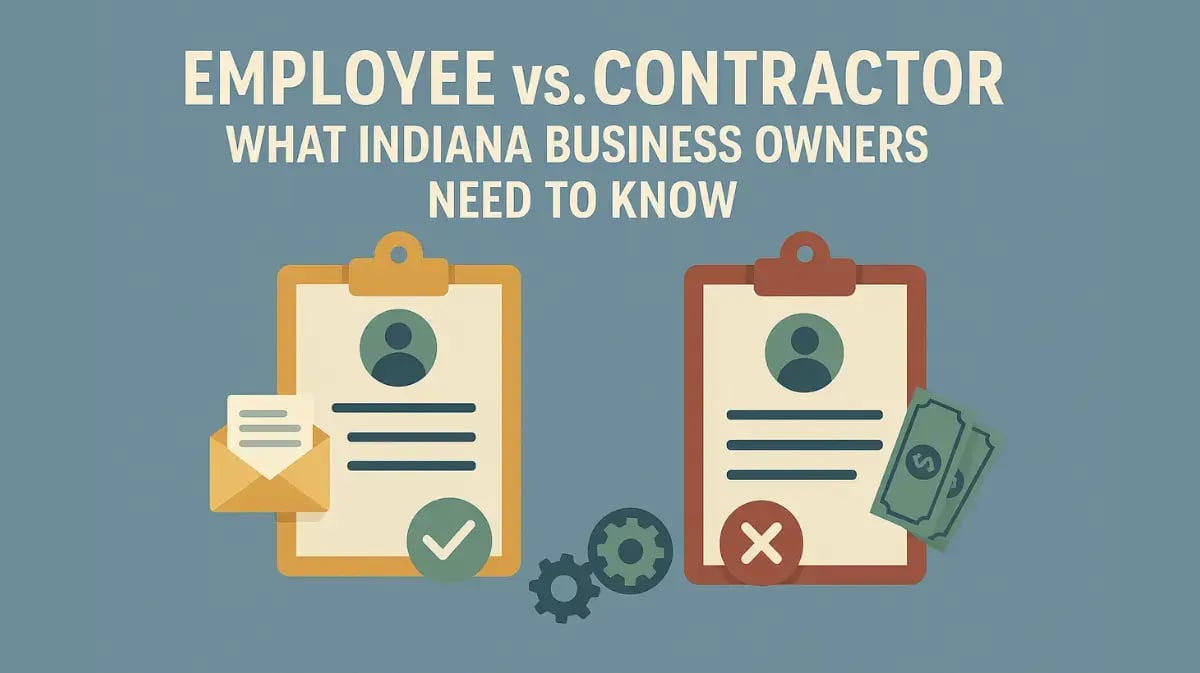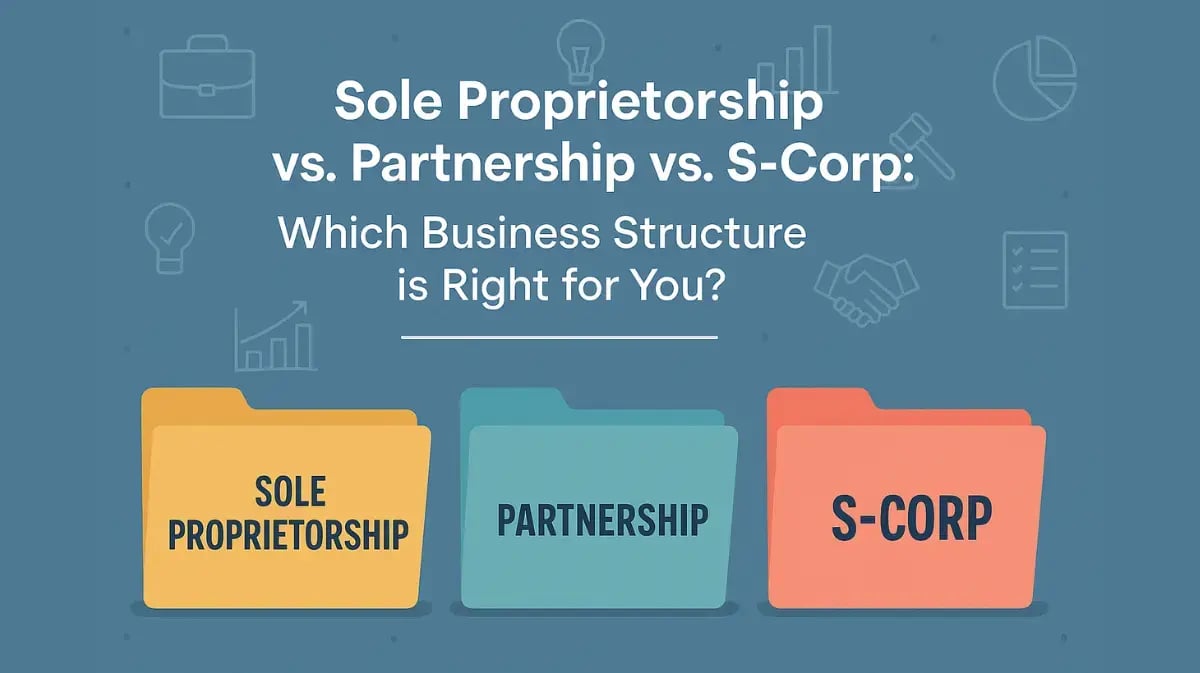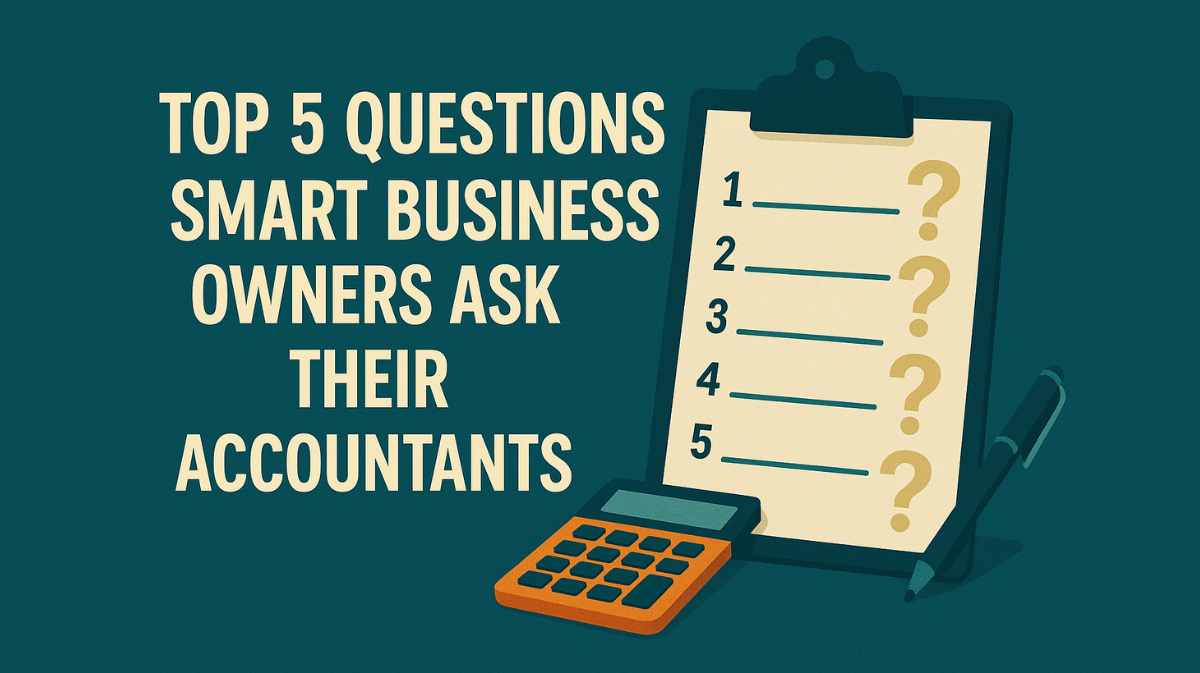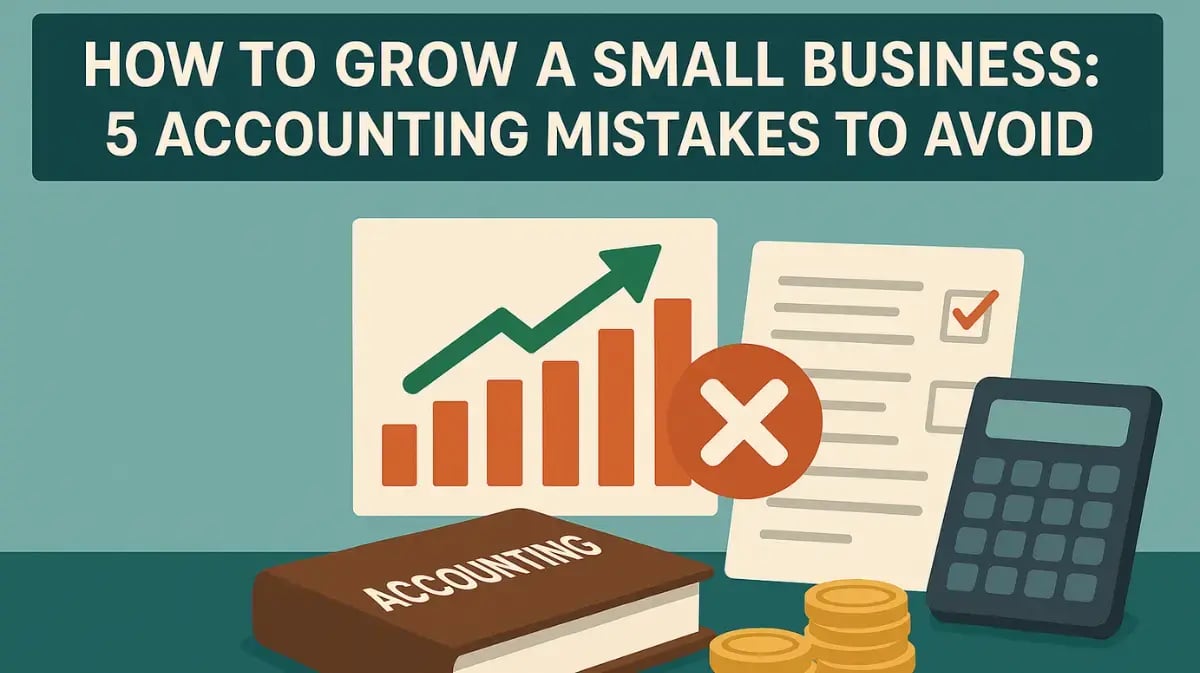In the wide, wide world of mergers and acquisitions (M&A), most business buyers conduct thorough due diligence before closing their deals. This usually involves carefully investigating the target company’s financial, legal, and operational positions.
But why let them have all the fun? As a business owner, you can perform these same types of reviews of your own company to glean critical insights.
Now you can take a deep dive into your financial or legal standing — and certainly should if you think something is amiss. But assuming all’s well, the start of a new year is a good time to perform an operational review.
Why Do It?
An operational review is essentially a reality check into whether, from the standpoint of day-to-day operations, your company is running smoothly and fully capable of accomplishing its strategic objectives.
For example, let’s say a business relies on superior transportation logistics as a competitive advantage. Such a company would need to continuously ensure that it has the right people, vehicles, and technology in place to remain a major player. The point is that you don’t want to fall behind the times, which can happen all too easily in today’s environment of disruptors and rapid technological change.
Before getting into specifics, gather your leadership team and ask yourselves some big-picture questions, such as:
- Are our IT systems up to date and secure, or will they soon need substantial upgrades to keep our data safe and our business competitive?
- Are our production facilities capable of handling the output we intend to work toward in the coming year?
- Are staffing levels across our various departments appropriate, or will we likely need to expand, contract, or reallocate our workforce this year?
By listening to members of your leadership team and perhaps even some key employees on the front line, you can gain a sense of your staff’s operational confidence. If they have concerns, better to address them sooner rather than later.
What to look at
Getting back to M&A, when business buyers perform operational due diligence, they tend to evaluate at least three primary areas of a target company. As mentioned, you can do the same. The areas are:
- Production/operations. Buyers scrutinize mission-critical functions such as technological obsolescence, supply chain operations, procurement processes, customer response times, and product or service distribution speed. They may even visit production facilities and interview certain employees. Their goal, and yours, is to spot performance gaps, identify cost-cutting opportunities, and determine ways to improve productivity.
- Selling, general & administrative (SG&A). This is a financial term that summarizes a company’s sales-related expenses (including sales staff compensation and advertising costs) along with its administrative costs (such as executive compensation and certain other general expenses). An SG&A analysis is a way for business buyers — or you, the business owner — to assess whether the company’s operational expenses are too high or too low.
- Human resources (HR). Buyers typically review a target business’s organizational charts, staffing levels, compensation and benefits, and employee bonus or incentive plans. They also look at the tone, quality, and substance of communications between HR and staff. Their goal — and yours, too — is to determine the reasonability and sustainability of each of these things.
A Funny Question
Would you buy your company if you didn’t already own it? It may seem like a funny question, but an operational review can tell you objectively just how efficiently and impressively your business is running. We’d be happy to help you gather and analyze the pertinent information involved.
© 2024
Blog Disclaimer: Nothing in this post constitutes legal, tax, or financial advice and is intended for informational and educational purposes only. This informational and educational material is not intended, and must not be taken, as legal, tax, or financial advice on any particular set of facts or circumstances or as recommendations that are suitable for any specific person. You need to contact a lawyer, accountant, or financial adviser licensed in your jurisdiction for advice on your specific questions, issues, and concerns. View our full here.













%20Early.webp?width=1200&height=673&name=5%20Consequences%20of%20Withdrawing%20from%20a%20401(k)%20Early.webp)










